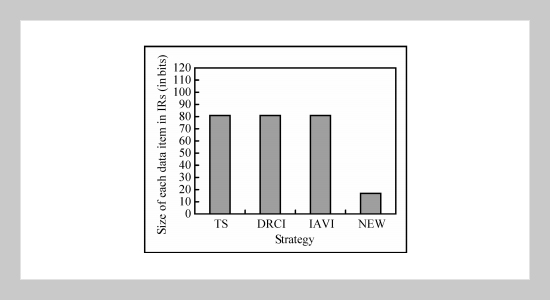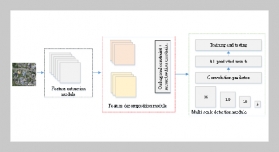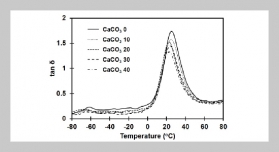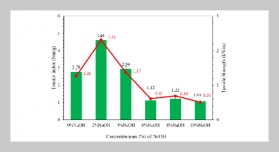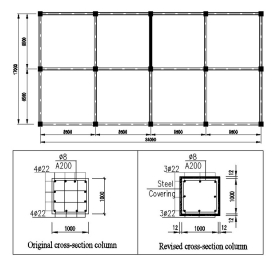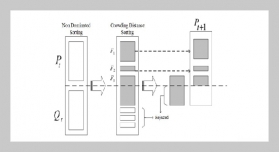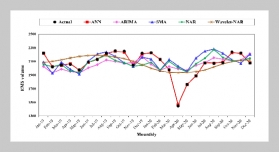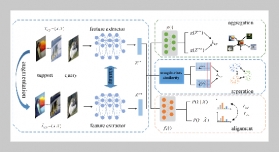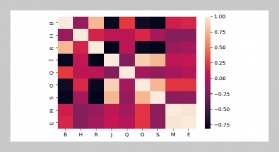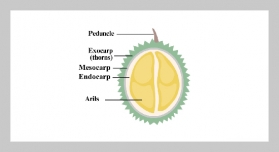Po-Jen Chuang This email address is being protected from spambots. You need JavaScript enabled to view it.1, Ching-Yueh Hsu1 and Yu-Shian Chiu1 1Department of Electrical Engineering, Tamkang University, Tamsui, Taiwan 251, R.O.C.
Received:
March 1, 2006
Accepted:
September 1, 2006
Publication Date:
September 1, 2007
Download Citation:
||https://doi.org/10.6180/jase.2007.10.3.06
In a mobile environment, caching data items at the mobile clients is important as it reduces the data access time and bandwidth utilization. While caching is desirable, it may cause data inconsistency between the server and the mobile clients if their communication is disconnected for a period of time. To ensure information coherence between the source items and their cached items, the server can broadcast invalidation reports to the mobile clients who then use the reports to update the cached data items. Cache invalidation is indeed an effective approach to maintaining such data coherence. This paper presents a new cache invalidation strategy which is shown through experimental evaluation to maintain data consistency between the server and mobile clients in a more efficient way than existing invalidation strategies.ABSTRACT
Keywords:
Mobile Environments, Servers and Mobile Clients, Cache Invalidation, Data Consistency, Bandwidth Utilization, Access Time, Energy Consumption, Simulation and Performance Evaluation
REFERENCES
